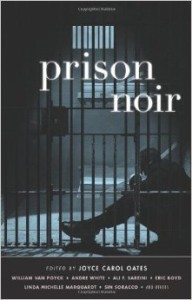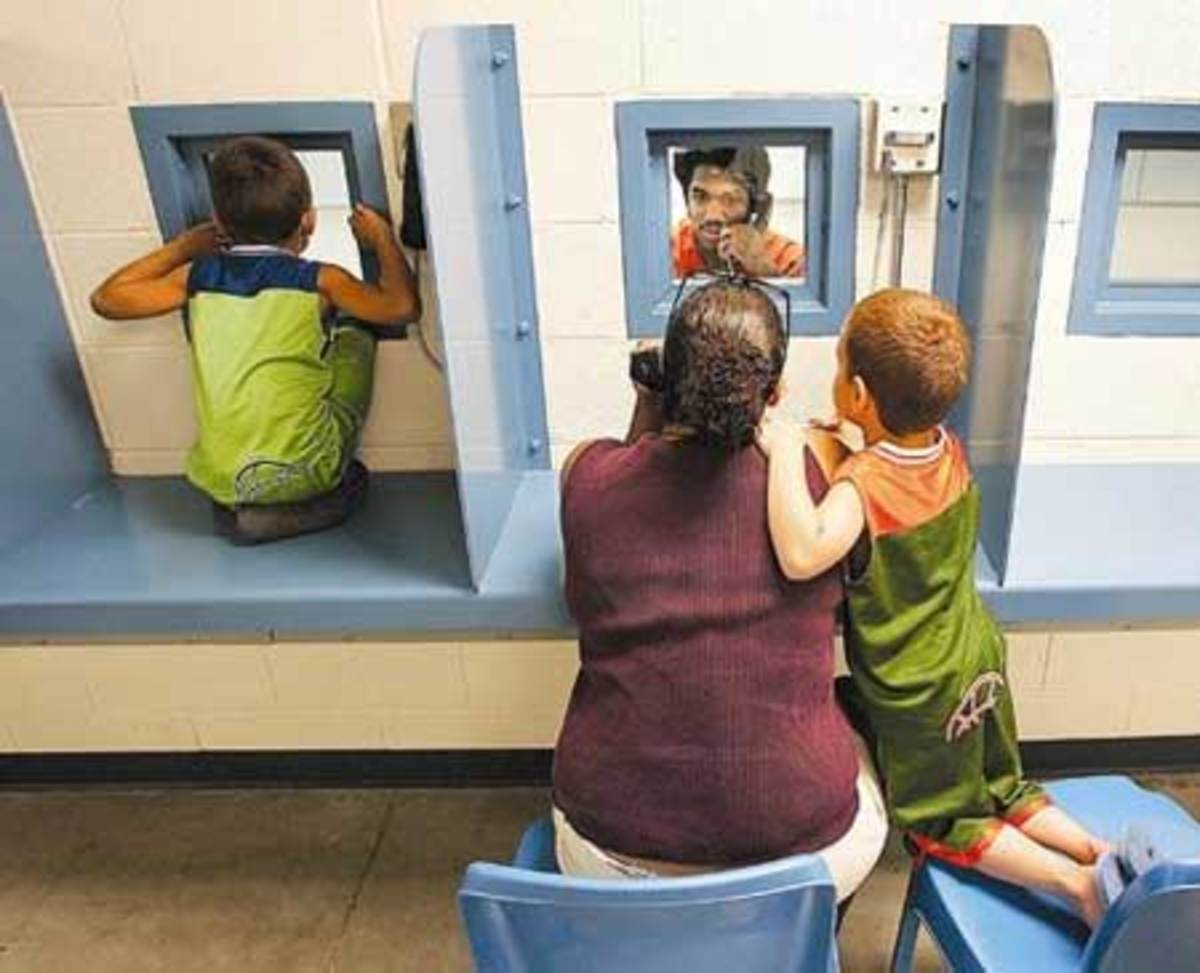Inside Peace
Film Festival Highlights Struggles, Possibilities for Prisoners
by Robert C. Koehler
As media ownership converges and technology “unites†us, the concept of national identity grows ever easier to exploit — and therefore, I fear, increasingly, and dangerously, simplistic.
 This is the war on terror. This is the war on crime. They march on, despite the magnitude of their failures. They march on . . . because America is tough. America is exceptional.
This is the war on terror. This is the war on crime. They march on, despite the magnitude of their failures. They march on . . . because America is tough. America is exceptional.
If our news and mass-entertainment outlets valued complexity and expansion of the national IQ, we wouldn’t go to war. We’d be building our lives on the far side of fear and the far side of cynicism, which is the only place where peace is possible.
It’s not like we aren’t doing that anyway, to a certain extent. But it only becomes news when visionary journalists — peace journalists –declare that it is, which is why, every year for the last seven years now, I have written about and celebrated Chicago’s Peace on Earth Film Festival, which showcases extraordinary films that step beyond the simplistic myth of good vs. evil, us vs. them.
This year the festival is scheduled for March 19-22 at the Chicago Cultural Center; as always, it’s free of charge. (more…)



 The same level of cortisol is found in young children when separated from a primary caregiver. That absence feels as life-threatening as a loaded gun, explained Ann Adalist Estrin, currently the Director of
The same level of cortisol is found in young children when separated from a primary caregiver. That absence feels as life-threatening as a loaded gun, explained Ann Adalist Estrin, currently the Director of  and through each of our relations and actions.
and through each of our relations and actions. RodrÃguez pre-selected the blogs and I did final copy-editing and formatting but the ideas and representations made here were entirely the result of the eight weeks of group research activities conducted by these young students.Â
RodrÃguez pre-selected the blogs and I did final copy-editing and formatting but the ideas and representations made here were entirely the result of the eight weeks of group research activities conducted by these young students. 